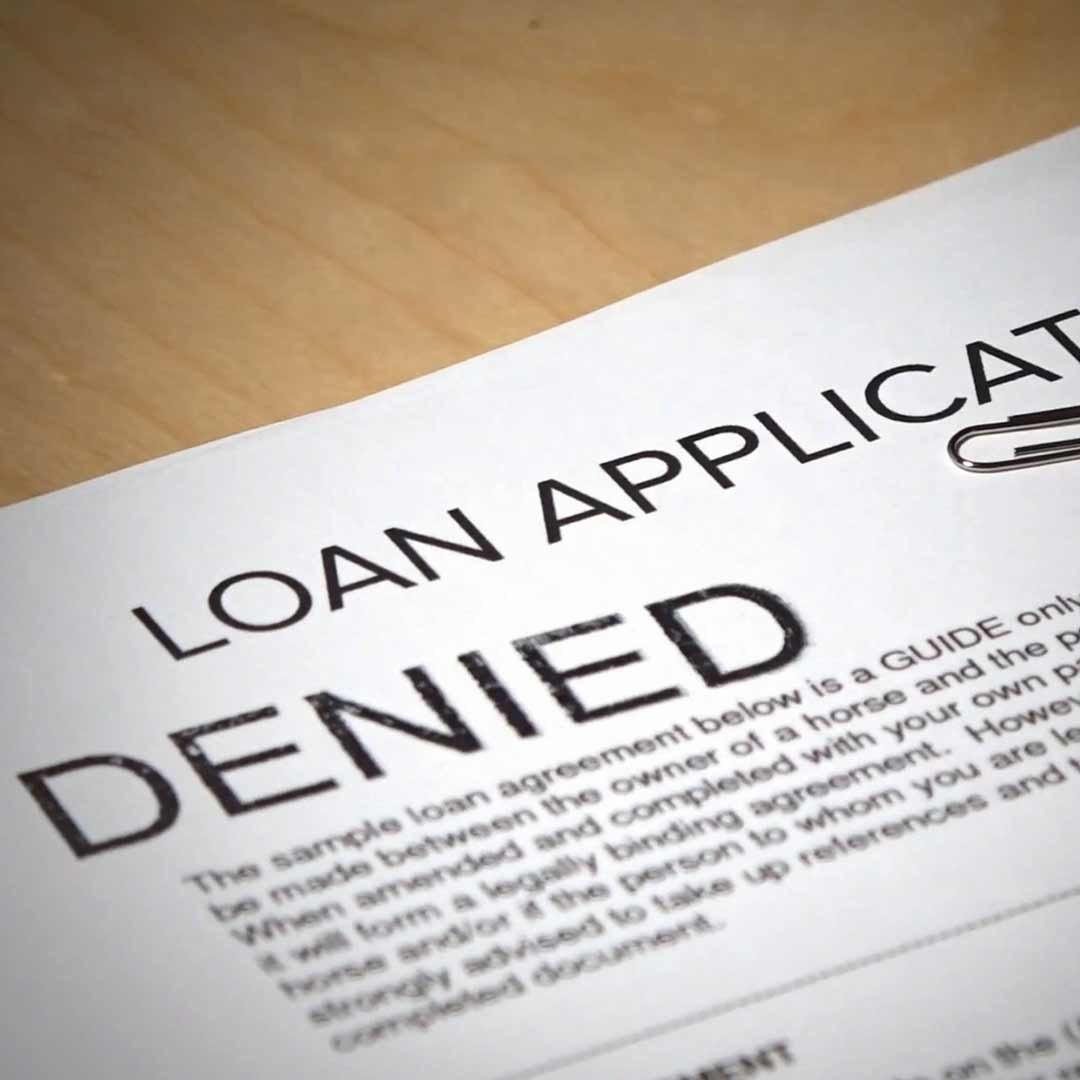Stated Income Loans
Before the financial crisis, entrepreneurs used to easily qualify for stated income loans.
But in 2010, Congress passed the Dodd-Frank Act, which required traditional banks to follow strict lending rules and document each borrower’s ability to repay. Since then, most self-employed people who write-off expenses, as well as most real estate investors can’t qualify for stated income loans through a traditional bank.
Truss Financial Group works with non-traditional banks and financial funds that are exempt from Dodd-Frank rules.

Truss can use your bank statements or assets to help you qualify for a stated income mortgage.
As a stated income loan lender, we’re one of very few loan companies that can offer a stated-income mortgage, even on your primary residence. Our mortgages are not “hard money” loans — you’ll be surprised how low our rates are.
Truss writes such a high volume of Stated-Income loans, that we offer some of the lowest Stated Income loan rates.
Checkout our new stated income home equity line of credit (HELOC)

Truss Financial Group:
Proudly Recognized as one of the Best Mortgage Lenders for the Self-Employed Individuals
We offer a wide array of home loans for self-employed people, including Stated Income loans (aka Non-Qualified loans). We offer Bank Statement loans, Asset Depletion loans & more. And if you’re trying to finance a rental property, we offer DSCR loans based on Debt Service Coverage Ratio & “No-Ratio” loans.
Stated Income Mortgages
No Doc Mortgages
Self-Employed Mortgages

The Key to a Stated Income Mortgage: The Right Financial Story

When all else fails, a No Doc Loan can make it happen

Even if You’re an Entrepreneur, You Can Qualify
Built by entrepreneurs for entrepreneurs™
Jeff Miller and Jason Nichols created Truss Financial Group to help clients avoid the disappointments they themselves had experienced as self-employed real estate investors. After the financial crisis of 2008, and in the wake of greater government regulation of traditional banks, Jeff and Jason got tired of applying for mainstream mortgages, getting denied, and resorting to hard money loans at high rates.
They solved their own problem by bringing together a group of non-traditional banks and financial funds specifically to support the self-employed and real estate investors. Now with decades of experience and an expert mortgage lending team, you won’t find advisors with a greater ability to help you qualify for the loan you need at the lowest possible rate.

See what our clients say about us
We are humbled by the kind words of our clients. And we are happy that we were the ones to help turn their mortgage goals into reality.
First-Time Homebuyers' Delight
Suzie and the Truss Financial Group exceeded our expectations in securing our mortgage as first-time homebuyers. Suzie's expertise and guidance made the potentially daunting process incredibly smooth and manageable.
Robert F.
San Tan Valley, AZ, Software Engineer
.png?width=331&height=198&name=Rectangle%2040643%20(4).png)
Great for Bank Statement Loans
I did a bank statement income loan and it chose to not include some deposits. This is just a heads up, not a complaint. Truss is definitely a good company, and I would ABSOLUTELY work with them again. Marcus was honest and helpful throughout the process.
Berj F.
Concord, CA, Business Owner
Personalized Service
"I am more than pleased to work with Delania Tak and would confidently recommend her to anyone seeking reliable assistance in securing a loan. Her commitment to excellence and personalized care make her an exceptional choice."
Howard L.
CA, Real Estate Investor
Cash-Out Refinance Made Easy
Thank you so much to Guillermo Correa and Truss Financial. They made doing my cash-out refinance a piece of cake! The interest rate was much lower than other lenders I checked with. The fees were reasonable, and the timeline was very smooth.
RealEstateLady 1.
Sandy, OR, Real Estate Broker
.png?width=331&height=198&name=Rectangle%2040643%20(6).png)
Exceptional for Self-Employed
After months of struggling with other lenders, Paul at Truss Financial made it easy to complete a cash-out refinance of a new primary residence. As a small business owner and real estate investor, my income situation is complicated but Paul was able to guide me through the process with relative ease.
Baird K.
New York, NY, Small Business Owner and Real Estate Investor
.png?width=331&height=198&name=Rectangle%2040643%20(5).png)
Innovative Solutions for Self-Employed
Garrett Jimenez was super creative and helpful every step of the way. Being self-employed makes getting a loan difficult. But he found ways to overcome each and every hurdle and really hit a home run for us.
Jason M.
Rancho Cucamonga, CA, Self-Employed Individual
Qualify Today For Your Stated Income Home Loan
- 90% Loan to Value
- 600+ Credit Score
- Loan Amounts to $10M
- No Tax Returns
- Largest Access to Stated Income Lenders